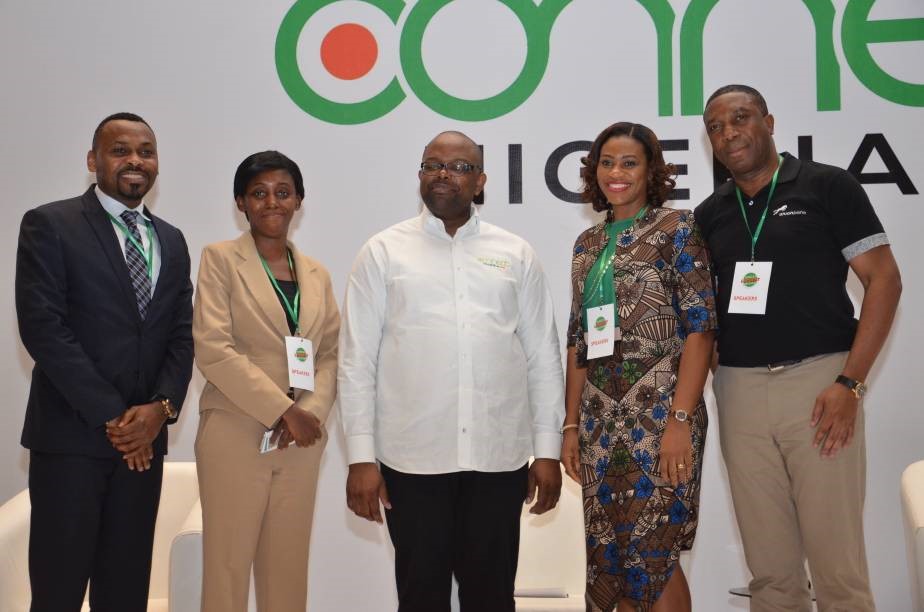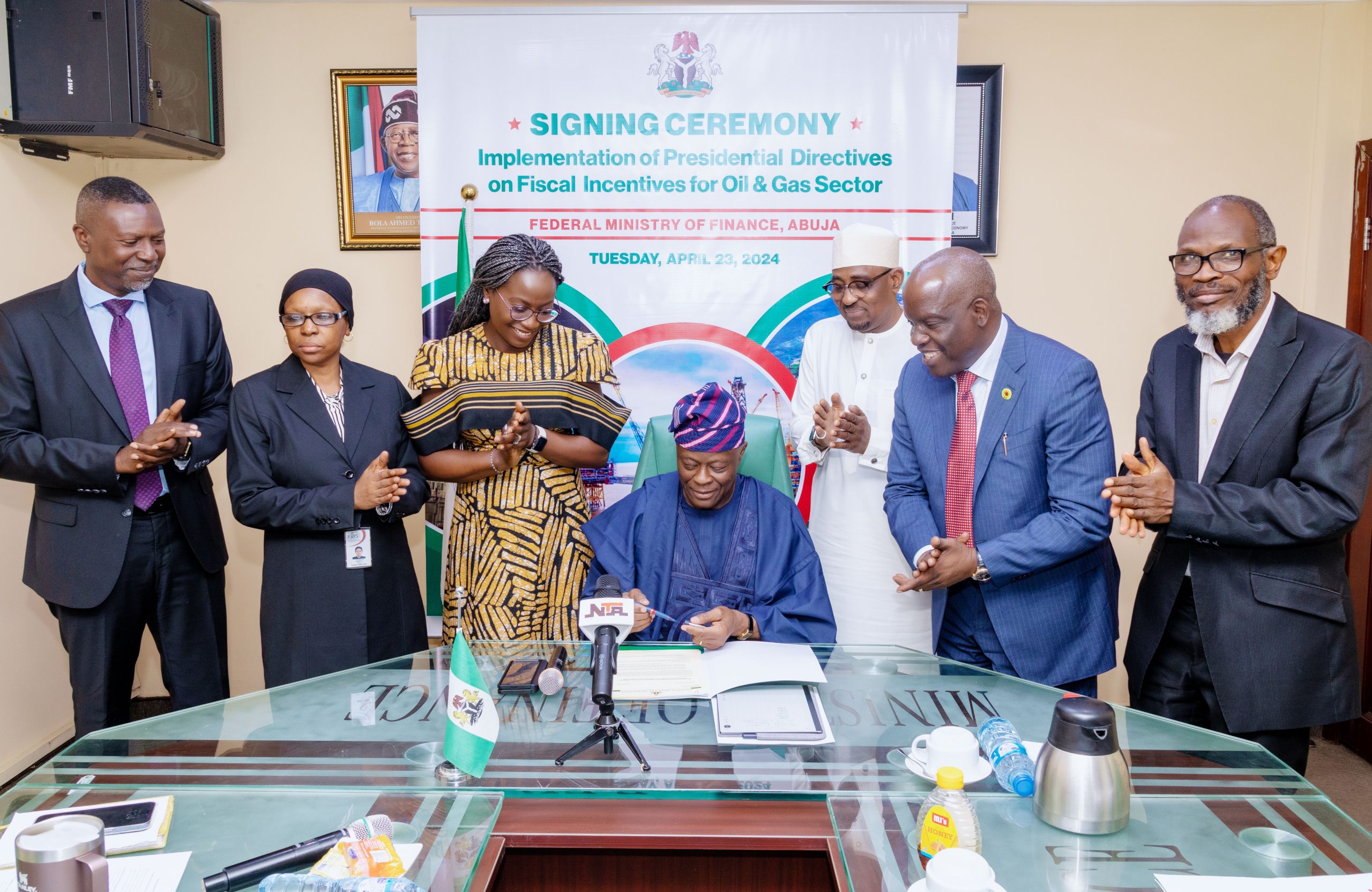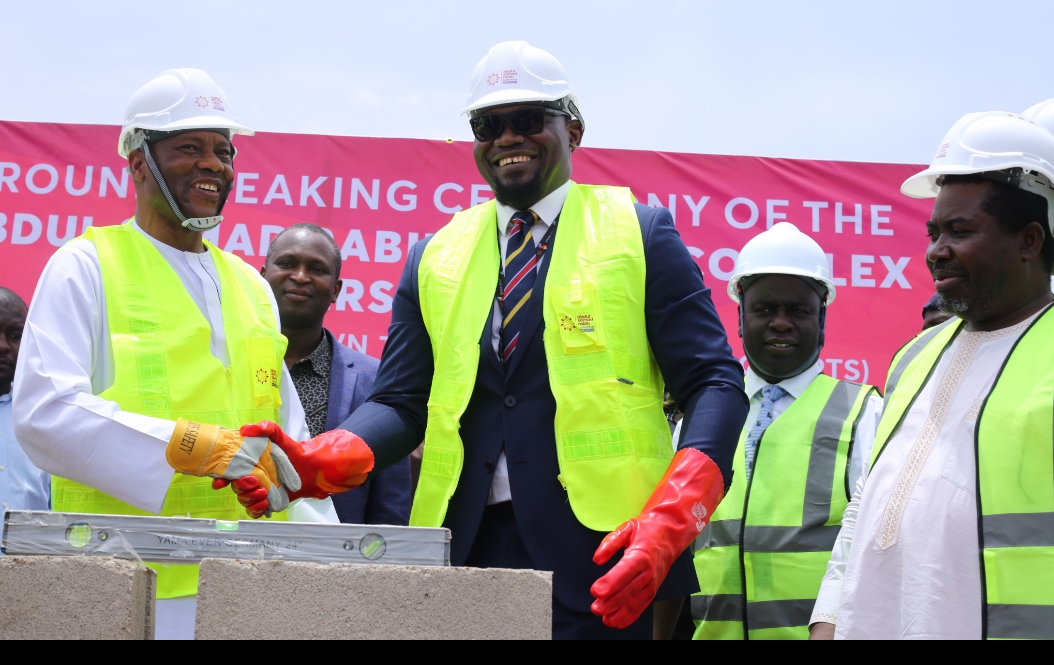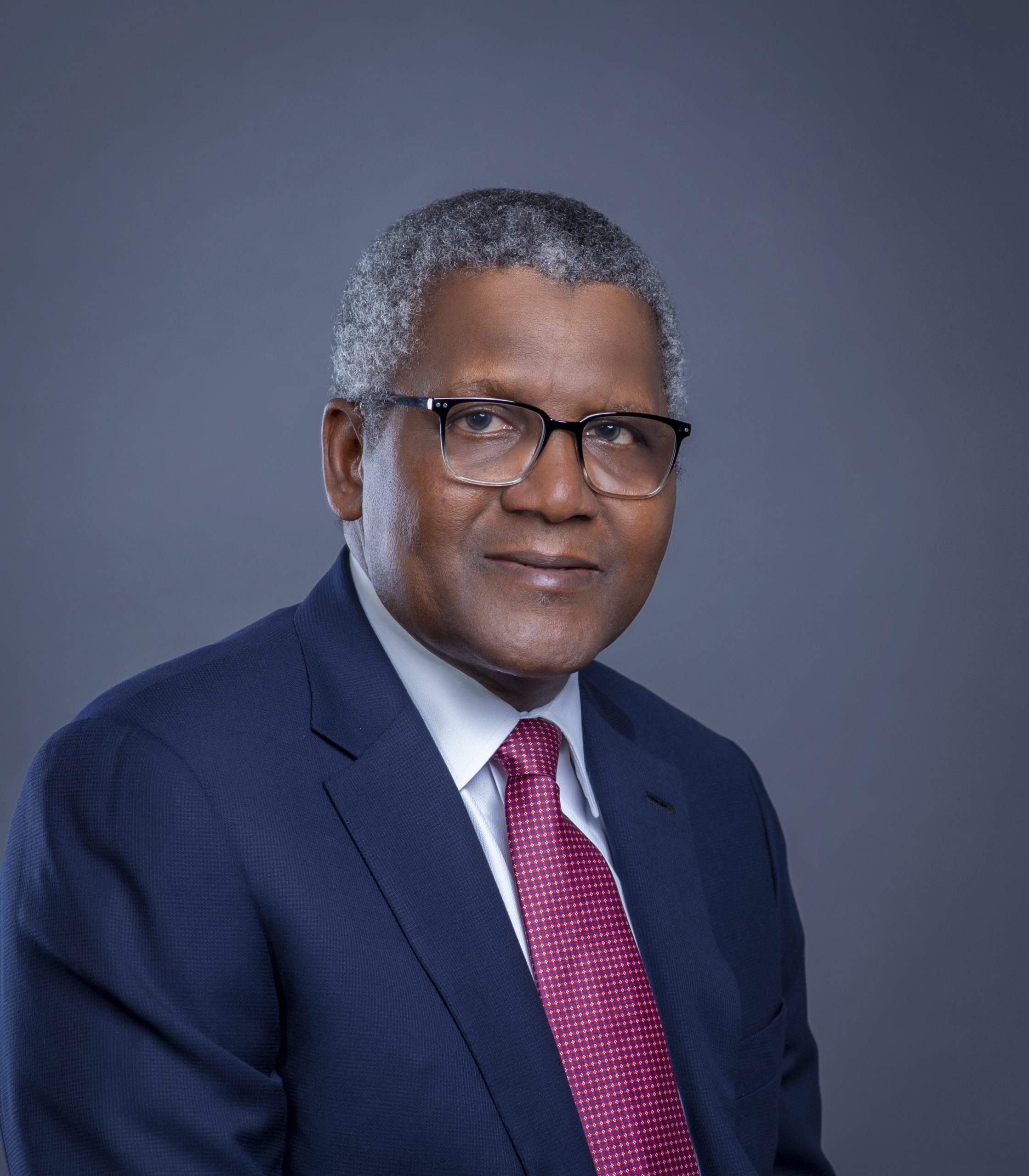Again, Dangote crashes diesel, and Aviation fuel prices further to N940, N980 respectively
Dangote Petroleum Refinery has again announced a further reduction in the prices of both diesel and aviation fuel to N940, N980 per litre respectively.
This is coming in the wake of its widely celebrated price reduction to N1,000 barely two weeks ago.
The price change of N940 applies to customers buying five million litres and above from the refinery, while the price of N970 is for customers buying one million litres and above.
Speaking on the new development, the Head of Communication, Mr Anthony Chiejina, explained that the new price is in consonance with the company’s commitment to cushion the effect of economic hardship in Nigeria.
“I can confirm to you that Dangote Petroleum Refinery has entered a strategic partnership with MRS Oil and Gas stations, to ensure that consumers get to buy fuel at affordable price, in all their stations be it Lagos or Maiduguri. You can buy as low as 1 litre of diesel at N1,050 and aviation fuel at N980 at all major airports where MRS operates.”
He further stated that the partnership will be extended to other major oil marketers. “The essence of this is to ensure that retail buyers do not buy at exorbitant prices.
“The Dangote Group is committed to ensuring that Nigerians have a better welfare and as such, we are happy to announce this new prices and hope that it would go a long way to cushion the effect of economic challenges in the country.
It would be recalled that the management of Dangote Petroleum Refinery announced a further reduction of the price of diesel from 1200 to 1,000 Naira per litre barely two weeks ago.
This marks the third major reduction in diesel price in less than three weeks when the product sold at N1,700 to N1,200 and also a further reduction to N1,000 and now N940 for diesel and N980 for aviation fuel per litre.
Nigerian President Bola Tinubu had also commended Mr Dangote for the initial price reduction, describing it as an “enterprising feat.”
Reacting to the latest development, The Director General of the Manufacturers Association of Nigeria (MAN), Mr. Ajayi Kadiri, said that “The decision of Dangote Refinery to first crash the price from about N1,750/litre to N1,200/litre, N1,000/litre and now N940 is an eloquent demonstration of the capacity of local industries to positively impact the fortunes of the national economy.”
He added that “The trickledown effect of this singular intervention promises to change the dynamics in the energy cost equation of the country, in the midst of inadequate and rising cost of electricity.
“The reduction will have far-reaching effects in critical sectors like industrial operations, transportation, logistics, and agriculture, contributing to easing the high inflation rate in the country; a lot of companies will be back in operation.”





 Business6 months ago
Business6 months ago
 celebrity radar - gossips4 months ago
celebrity radar - gossips4 months ago
 celebrity radar - gossips4 months ago
celebrity radar - gossips4 months ago
 Business3 months ago
Business3 months ago












You must be logged in to post a comment Login